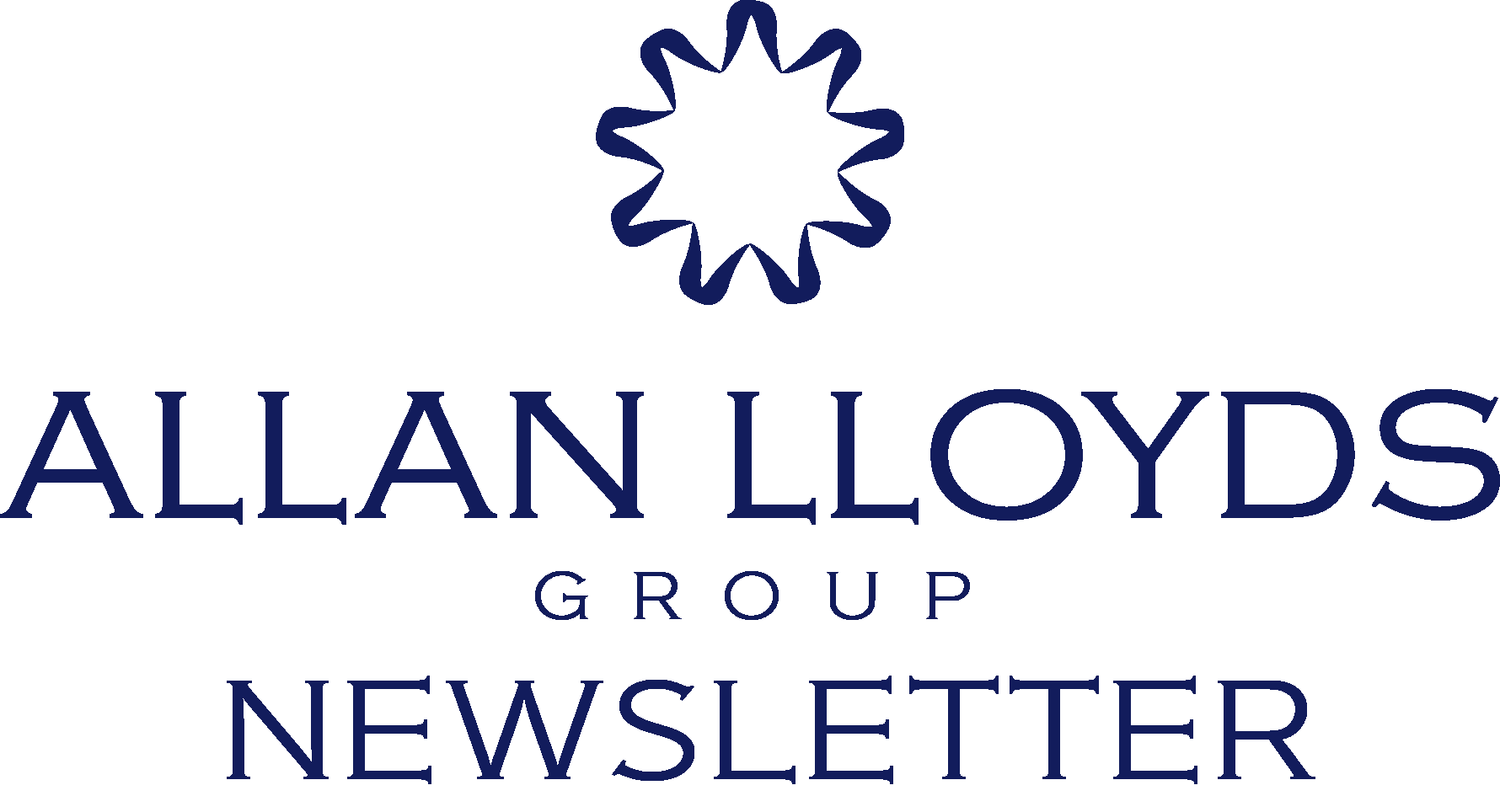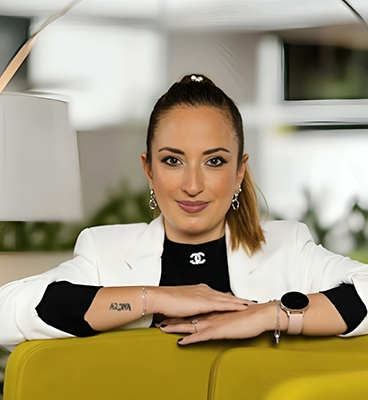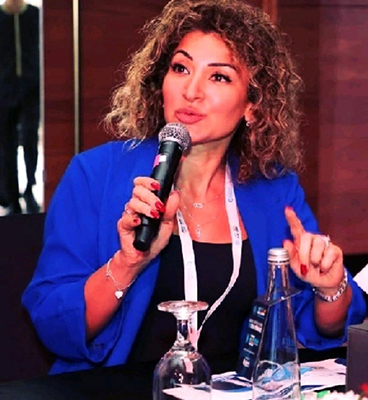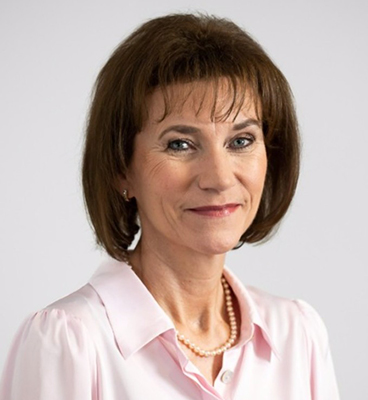
The Intersection of Finance and Technology:
Unlocking the Treasure Chest of Blockchain
What hidden gems do digital assets offer to traditional banks?
- On: July 2, 2024

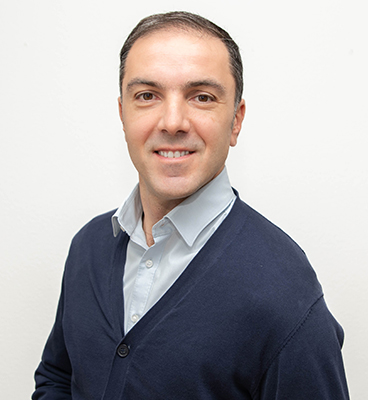
Vidak Saric
Credit Suisse
What role do emerging technologies play in the strategic planning of banks?
Technology is progressing really fast and it is fully dominating our everyday life. The technology of money has changed remarkably as well. In the last 80 years, we have advanced from physical gold coins, to gold-backed paper money, to fiat money, electronic money, and now digital money.
The banking industry is adapting to technological changes; however, maybe not with the speed many would like to see. This is understandable because banking is a highly regulated industry, and all the changes need to be thoroughly tested and approved by the regulators before going live. Although some banks still use core systems from the last century, there is constant innovation and application of the technology to upgrade front and back systems. E.g., banking apps are accessible from mobile phones, banking is increasingly migrating to the cloud, payments are conducted with QR codes, AI is gaining importance, etc.
Technology should be seen as a tool but not as the main purpose per se. Simplified, banks still do the same thing as in the past: custody, payments, lending and investing. Banks should primarily focus on clients and their needs. Technology should play a role if it helps to improve service to clients, to offer better products, to be more efficient, or to have better proximity and communication with clients.
How should banks approach blockchain technology in terms of strategy and application?
Banks are generally very careful about which new feature they would deploy into production. In contrast to the crypto project, which iterates by deploying changes to see whether it works or not, banks cannot allow themselves any failures — applications need to work from the first time. There are many examples where crypto platforms were hacked and needed to roll back the chain. Banks cannot afford something like that; their reputation would be ruined.
Banks thinking about applying blockchain technology should find a very simple use case and start from there. Once they gain more experience, they can add new features in a step-by-step approach, building confidence and complexity in parallel. For example, a bank can create a digital version of an investment fund, then allow clients to withdraw to their own whitelisted wallets, afterwards automate distributions, then connect legacy cash accounts for subscription and redemption process, etc.
Another piece of advice would be to avoid vendor lock-ins and stay flexible with the technology. Quickly changing and new innovative projects are coming every year. There is still a debate about public vs. private blockchains, proof-of-work vs. proof-of-stake, etc. It will take some time until the technology fully matures. However, there are already tools, which are abstracting away complexity of so many different chains, allowing companies to build multi-chain applications and remain flexible.
What are the latest trends in the blockchain industry and what are you excited about?
- Tokenisation seems to be the most propelling use case of blockchain technology in financial services. The goal is to create a digital representation for all financial instruments (securities), money (currencies), and assets (commodities, real estate, collectables, etc.). In its most conservative scenario, Boston Consulting Group estimates that 16 trillion of world assets will be tokenised by the end of this decade. BlackRock’s strategic investment in Securitise and the launch of their tokenise fund on the Ethereum network is a milestone that signals a go-ahead for the industry.
- For tokenised assets to settle on-chain, tokenised money or cash is required as well. In this segment, there are crypto players like Thether and Circle, but commercial banks and fintechs are also joining. JP Morgan has JPM coin, which is their in-house version of a tokenised deposit that can be transferred globally within the bank 24/7. SocGen has the Euro stablecoin and PayPal has PYUSD, both issued on the Ethereum. Many commercial banks are preparing to issue tokenised deposits, and central banks across the world are working on the wholesale and retail Central Bank Digital Currencies (CBDCs). In Switzerland, for example, five bonds have already been issued using wholesale CBDC approved by the Swiss National Bank.
- An interesting development is the emergence of the consortium blockchain platforms, such as Partior, Fnality, Regulated Liability Network — just to name few. These wholesale platforms are able to fully utilise advantages of the blockchain technology. They will enable participating banks around the world to provide real-time cross-border payments in multiple currencies, trade finance, foreign exchange and DVP securities settlements. They will also be interoperable and part of the Unified Ledger, as proposed by the Bank for International Settlements.
Fascinated by these insights, and the promise of digital assets? Vidak’s talk on “Cryptocurrencies and Digital Assets in Future Banking Products” at our conference guarantees to ignite your interest.
Join our 11th Annual Product Development Excellence in Banking Summit, 1 – 2 October 2024, Vienna!
Short Speaker BIO:
Vidak has considerable experience in business development and strategy. He has led a number of initiatives to develop businesses and products in the Middle East as well as the Eastern Europe region, which generated considerable revenue for the bank.
Vidak is a member of Credit Suisse’s “Digital Assets Centre of Competency”. He started his career in a Banking advisory for PwC in Vienna. Vidak holds a Master’s degree from Vienna University of Economics and Business (WU WIEN) and completed MIT’s “Executive programme in Blockchain Technologies”.
He is interested in the application of blockchain technology for the improvement of Financial Market Infrastructure.
